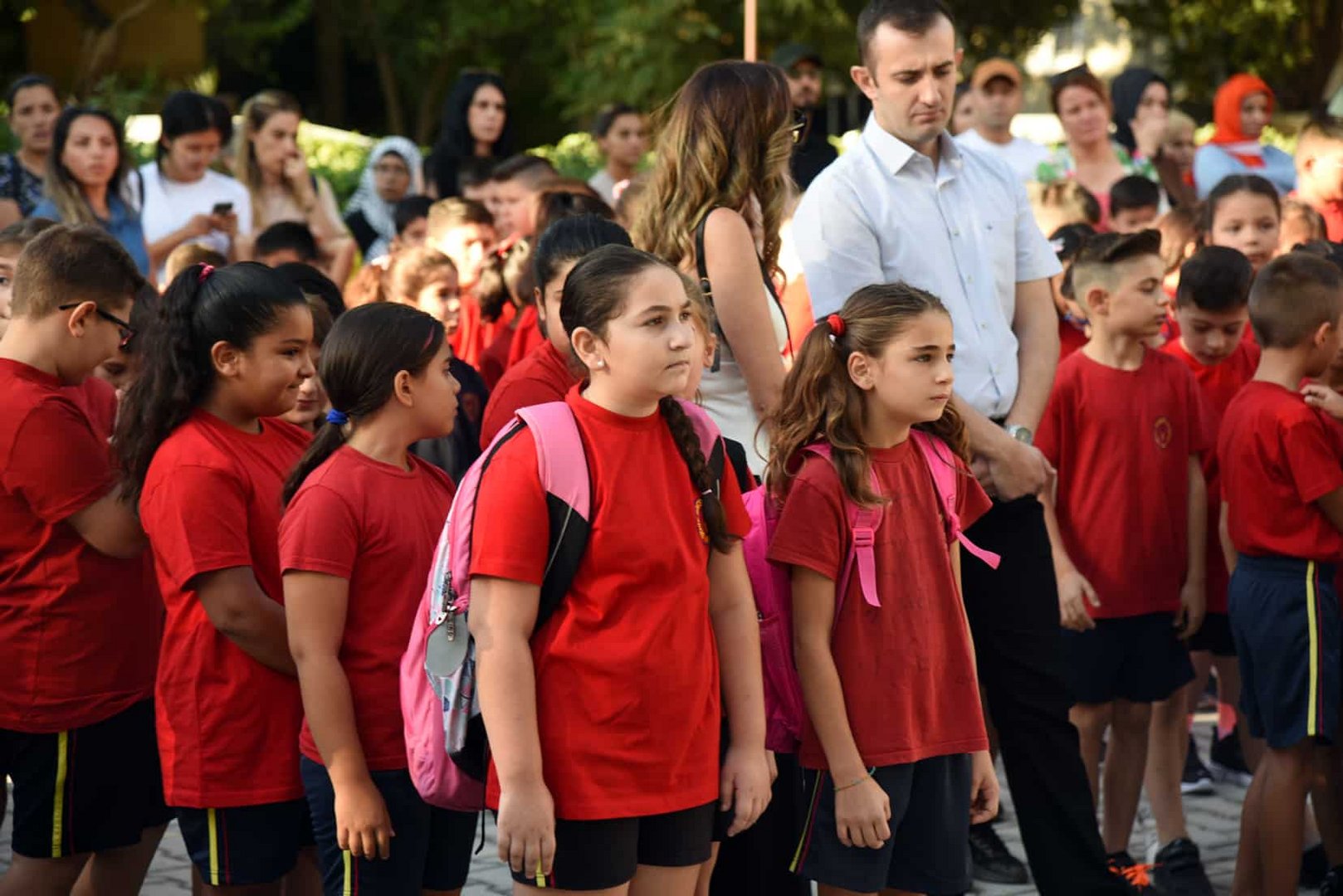Turkish Cypriot teachers have threatened to refuse to teach in afternoons as the new school year began on Monday.
Children returned to Turkish Cypriot schools on Monday amid a hive of controversy surrounding both the new textbooks and working hours.
The ‘government’ had outlined a new timetable wherein Turkish Cypriot children would spend two afternoons per week at school until 4.10pm, but unions have criticised the move, saying the requisite infrastructure is not available.
The move drew criticism from another union last month, which said despite the long hours, schools would not be able to provide food or appropriate conditions to children during that time.
Chairwoman of the Cyprus Turkish secondary education teachers’ union (KTOEOS), Selma Eylem, took these concerns a step further on Monday, saying that teachers “would not provide education in afternoons in any schools”.
“We do not accept this imposed order, which wants to confine our children and teachers to portacabins for nine hours twice a week, and would make our children unhealthy, malnourished, hungry, and would be faced with problems regarding their safety and their transportation”, she said.
“The education ministry will be responsible for all the chaos that will ensue in this process”, she said, calling for all teachers, school administrators, and pupils to stand in solidarity with them.
She added, “we invite parents to support this action for our children and our future”.
Speaking about other issues faced by Turkish Cypriot schools, she said “education is the most important and solid tool which shapes the future of a society”, but “anachronistic impositions in Turkey are being implemented in this country”.
She criticised the lack of schools being built, the limited resources available to staff, and the lack of new personnel being appointed and said, “elsewhere, mosques, social complexes, and theology schools are opened, the contents of books and curricula are turned religious, and teachers from Turkey are employed”.
She added that “attacks on teachers and their unions, who are known to stand against this drive, have increased”.
Additionally, she accused the ‘education ministry’ of “planning to take the right to strike from teachers, making illegal budget cuts without making any preparation or organisation, ignoring the problems of infrastructure, equipment, and facilities, and the various problems our pupils will face, and only coming up with the idea of increasing the number of classes”.
She said, “pressures and threats [aimed at teachers] aim to bring teachers to their knees and weaken unions”.
Regarding the issue of afternoon classes, she said her union had proposed to carry out a pilot phase in selected schools “and to observe and report the problems which may occur”.
She said, “the fact that the government did not take this into consideration clearly shows that their main intention is neither education nor quality”.







Click here to change your cookie preferences